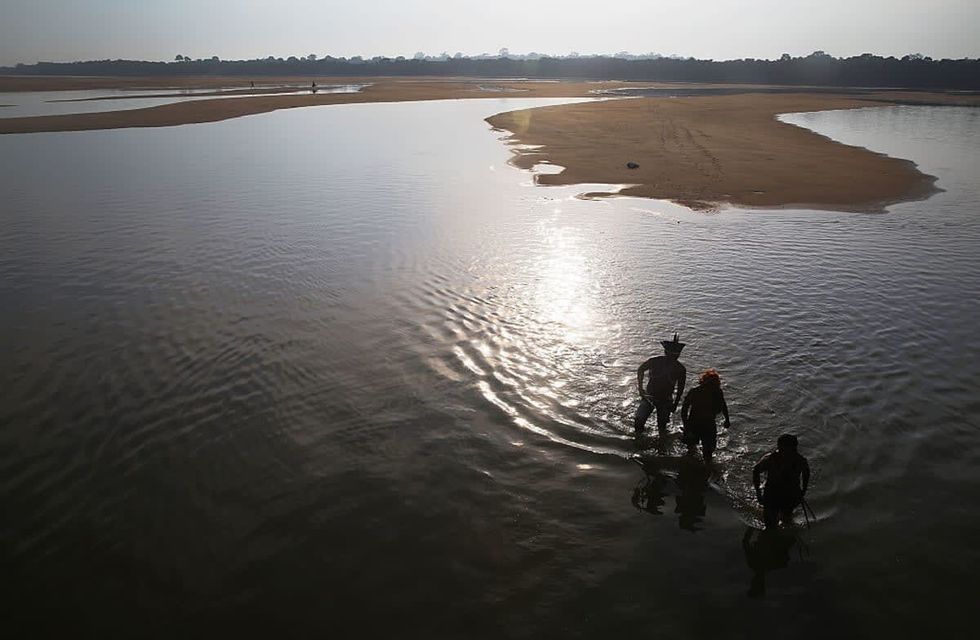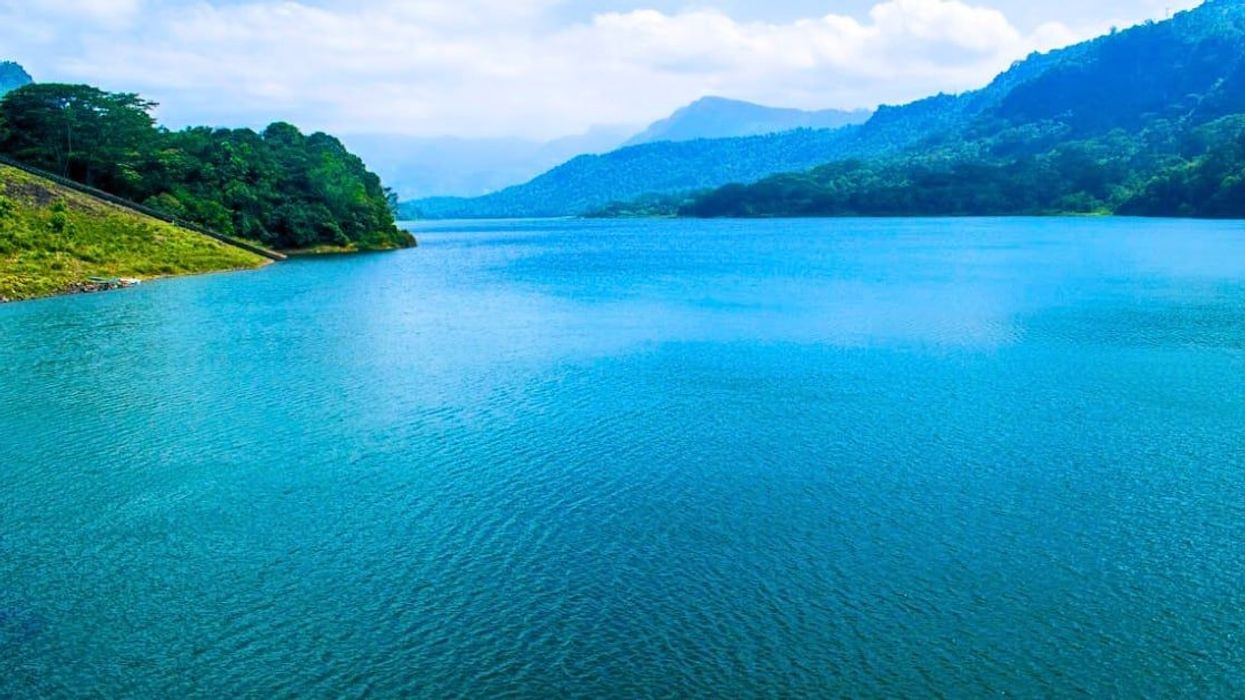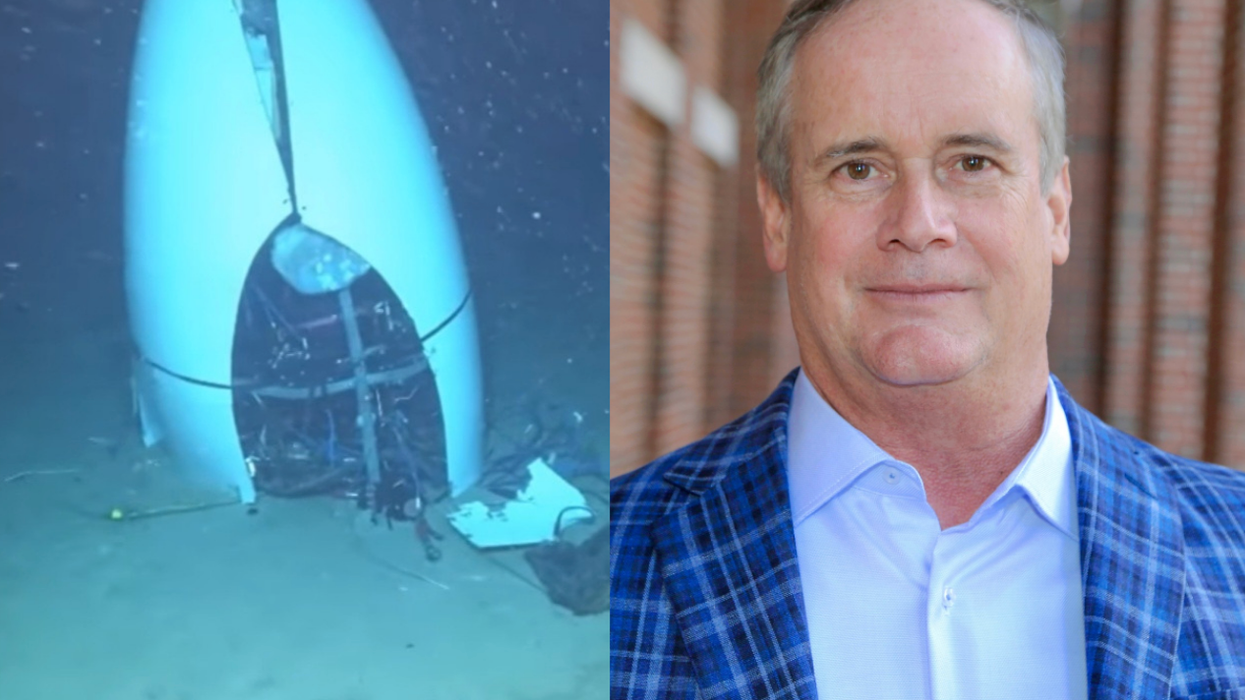For the longest time, natural spots didn’t really get the same kind of protection or rights that people do. But things are starting to shift. National Geographic recently reported that a river in Canada is now legally considered a "person." It's not just seen as a bunch of water anymore; it’s got rights, kind of like you and me.

This move came to light when the Innu Council of Ekuanitshit recognized the Magpie River as a legal person. Magpie River, also known as Muteshekau Shipu, is a 300km (186 miles) waterway that passes through the Cote Nord region of the Canadian province of Quebec. This recognition ensures the river's safety. This legal personhood of the Magpie River is a first in Canada. It aims to give the Indigenous community an added tool to defend the river from environmental harm.
Pietacho, chief of the Innu Council of Ekuanitshit, said, "The Creator put us on this piece of territory called Nitassinan, which encompasses all these rivers, all these mountains, all these trees. The Innu people always believed that you had to protect the earth. It’s water – it’s life," reported Al Jazeera.
The 120-mile-long waterway is of prime importance to the Innu First Nation. For starters, Innu Nation is the organization representing the Innu of Labrador, which has a small population of approximately 3200 people, most of whom live in the two Innu communities of Sheshatshiu and Natuashish. This indigenous community has been dependent on the river as a major highway, food source, and natural pharmacy for centuries. But in recent years, the river has been threatened by human interference namely hydroelectric dam development, the negative environmental and social effects of which often outweigh any renewable energy benefits.

To protect the sacred river, the Innu Council of Ekuanitshit and the Minganie Regional County Municipality declared the Mutuhekau Shipu a legal person in 2021. Now the river has been handed nine rights, some of which include the right to flow, maintain biodiversity, be free from pollution, and sue anyone who puts it in harm's way.
It is pertinent to note that the Magpie River is not the first river to have been given personhood. In recent years, the likes of New Zealand’s Whanganui, the United States’ Klamath River, and even the world's largest river—the Amazon—have all been given personhood.
Granting rivers personhood is an excellent way to protect them, as they play a key role in the lives of people in their surroundings. A river like Magpie, which is famous for its whitewater rafting activities, could increase ecotourism in these areas.


















 A symbol for organ donation.Image via
A symbol for organ donation.Image via  A line of people.Image via
A line of people.Image via  "You get a second chance."
"You get a second chance." 


 Some plastic containers.Representational Image Source: Pexels I Photo by Nataliya Vaitkevich
Some plastic containers.Representational Image Source: Pexels I Photo by Nataliya Vaitkevich Man with a plastic container.Representative Image Source: Pexels | Kampus Production
Man with a plastic container.Representative Image Source: Pexels | Kampus Production
 Photo by
Photo by 
 Canva
Canva It's easy to let little things go undone. Canva
It's easy to let little things go undone. Canva
 Teens are waiting longer than at any point in the survey’s history. Canva
Teens are waiting longer than at any point in the survey’s history. Canva Chart on the age of a person’s first time having sex.National Survey of Family Growth/flowing data.com | Chart on the age of a person’s first time having sex.
Chart on the age of a person’s first time having sex.National Survey of Family Growth/flowing data.com | Chart on the age of a person’s first time having sex.
 Kids know the good adults from the bad.
Kids know the good adults from the bad.